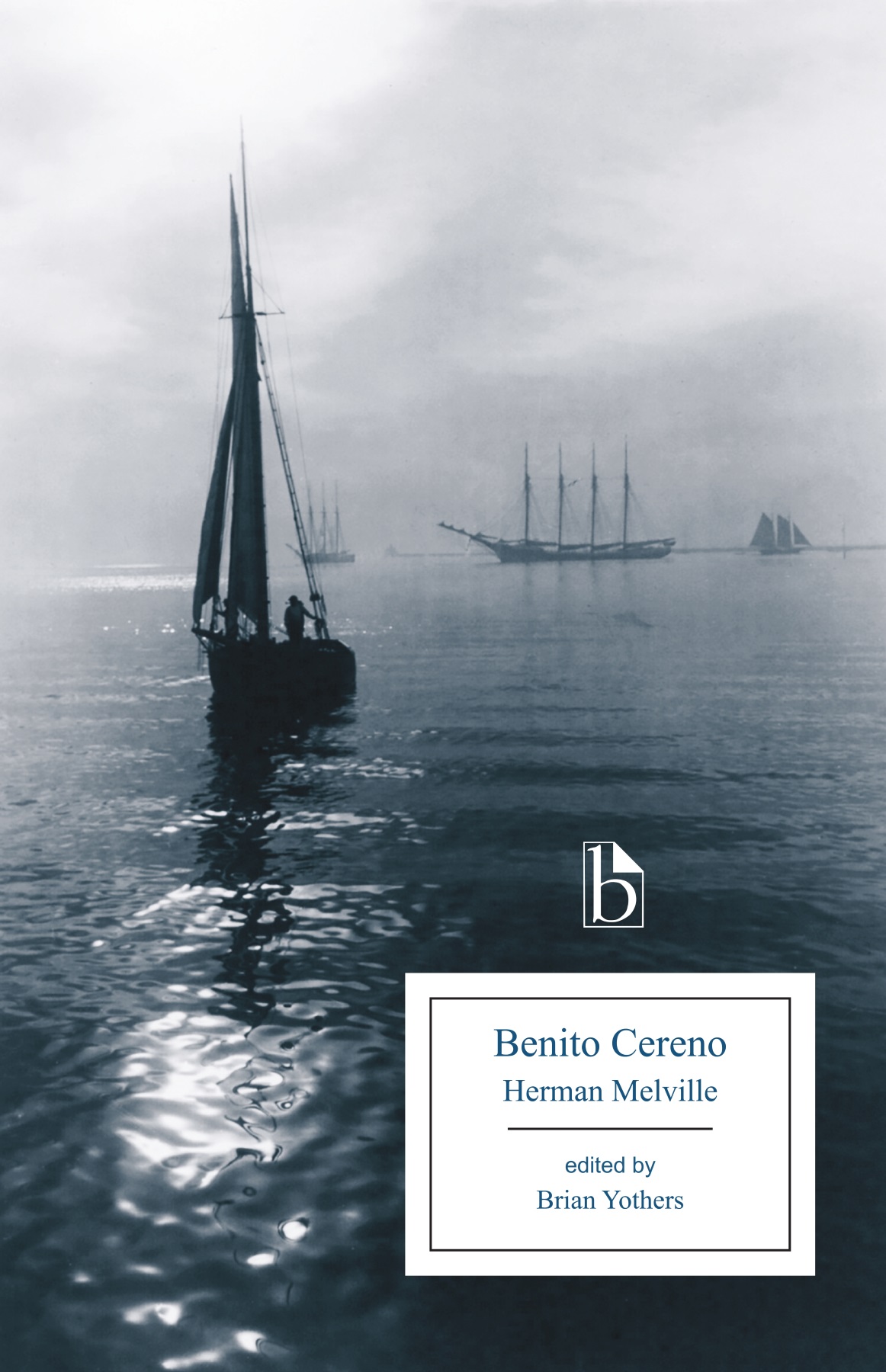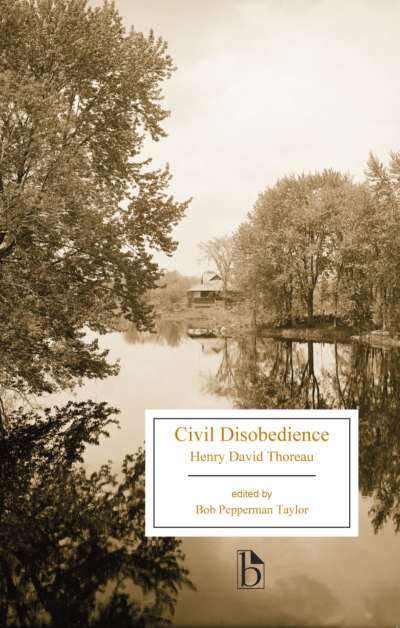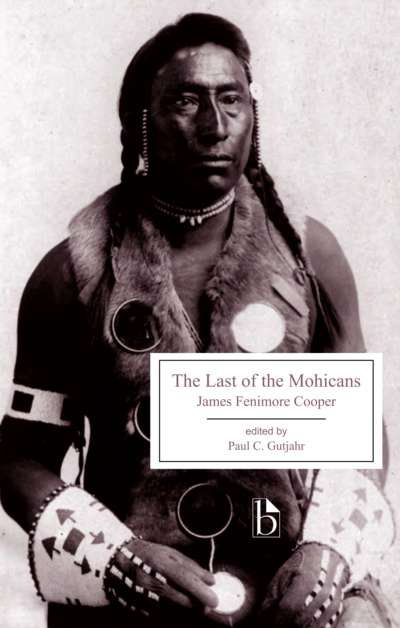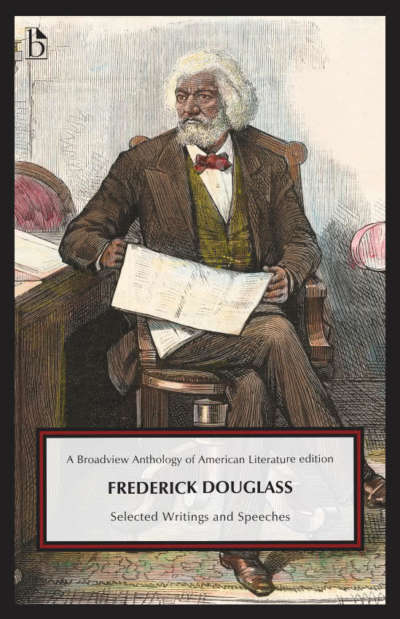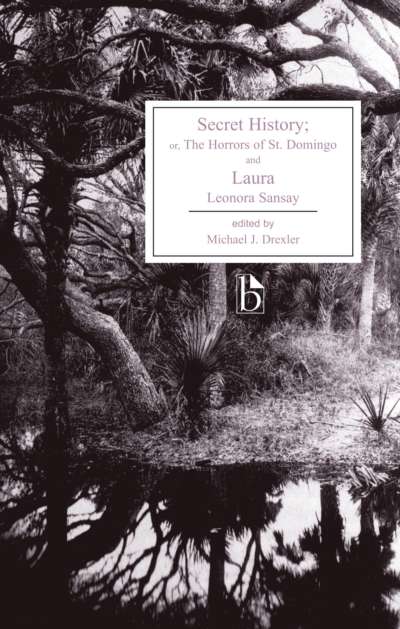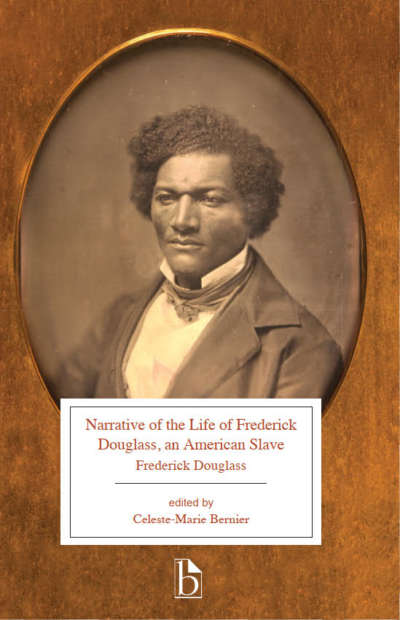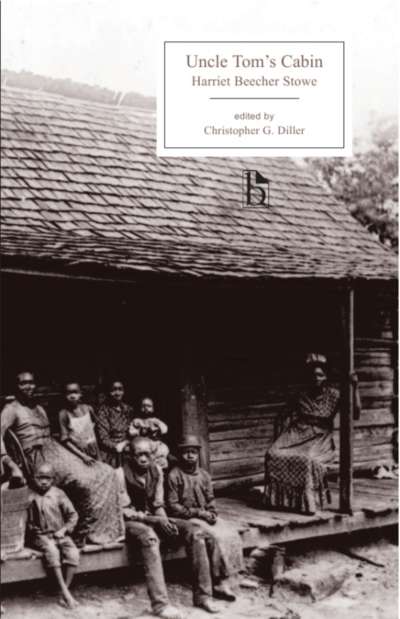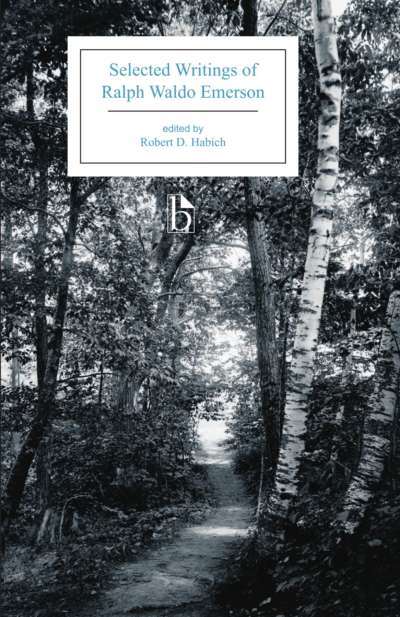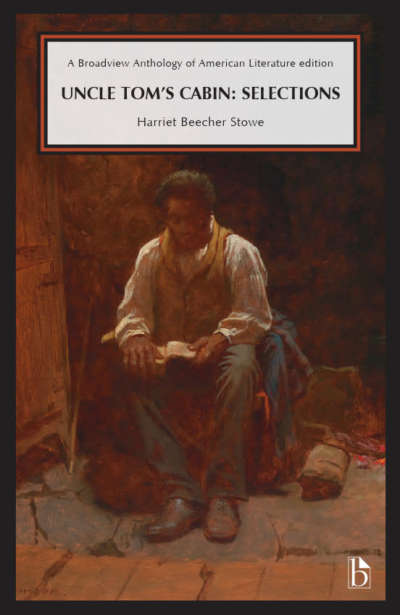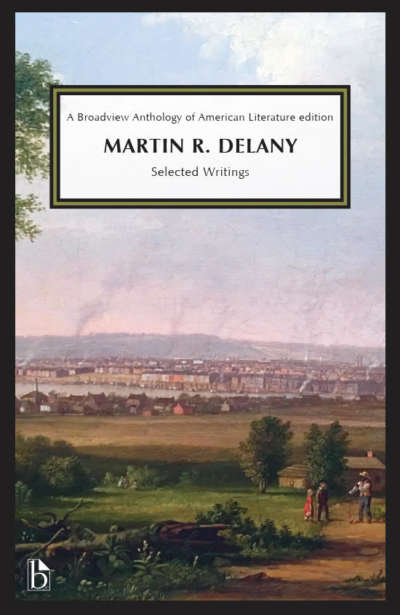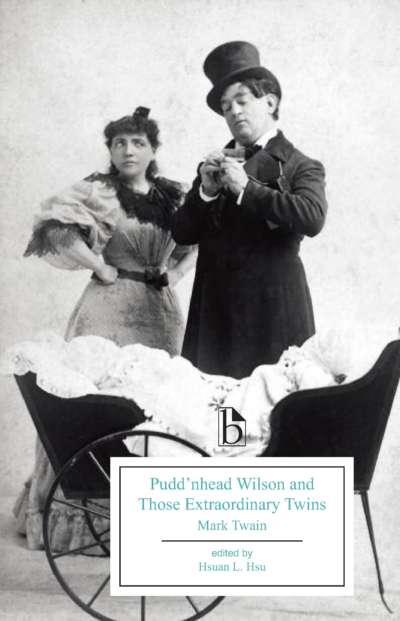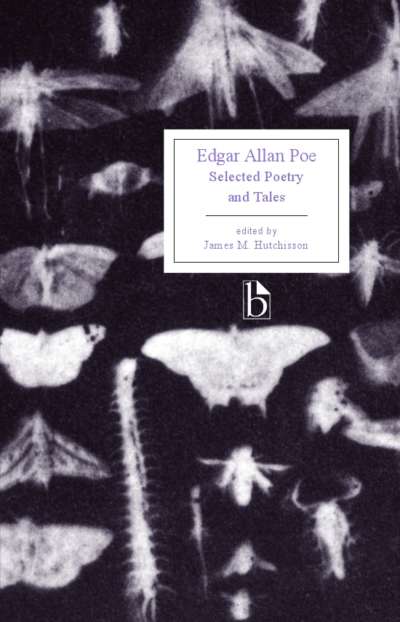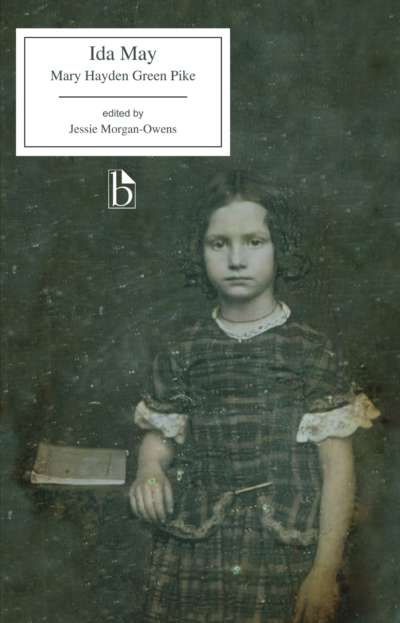
“Benito Cereno,” a story of atmospheric Gothic horror and striking political resonance, represents Herman Melville’s most profound and unsettling engagement with the horrors of New World slavery. Narrating the story of a slave revolt using materials drawn from Amasa Delano’s non-fictional account of the Tryal Rebellion from earlier in the nineteenth century, Melville’s story probes the moral complexities of the antebellum United States and its position within the Americas. Melville explores the psychology of slavery and racism and the role of violence in both the resistance to, and the perpetuation of, slavery in the Americas.
The appendices to this volume illustrate how Melville’s satirical treatment of racism and his ambivalent response to violent resistance to slavery connect with antislavery literature (poetry, fiction, and non-fiction alike) in the middle of the nineteenth century, and they also consider how “Benito Cereno” functions as a central piece in Melville’s contribution to the literature of the Americas.
Comments
“The Broadview Press edition of Herman Melville’s ‘Benito Cereno’ is vital for teaching, research, and exploring the power of American short fiction. From abolitionist writings to texts about the Haitian Revolution to reflections by Melville’s contemporaries, Brian Yothers has reassembled crucial materials for a profound journey into Melville’s fictional universe. Whether you are interested in the historical context that inspired Melville or the philosophical questions that saturate his art, this captivating edition contains all of the major materials and literary artifacts. If you’re teaching, rereading, or even discovering ‘Benito Cereno’ for the first time, this edition is a fresh and fully updated take on Melville’s classic.” — Christopher Freeburg, University of Illinois, Urbana-Champaign
Acknowledgements
Introduction
Herman Melville: A Brief Chronology
A Note on the Text
“Benito Cereno”
Appendix A: Representations of Slave Revolt and the Slave Trade
- 1. From Amasa Delano, Narrative of Voyages and Travels in the Northern and Southern Hemispheres (1817)
- 2. From Frederick Douglass, “The Heroic Slave” (1853)
- 3. From John Quincy Adams, Argument of John Quincy Adams Before the Supreme Court of the United States, in the Case of United States, Appellants, Cinque, and Others, Africans (1841)
- 4. From Frederick Douglass, My Bondage and My Freedom (1855)
- 5. From Harriet Beecher Stowe, Dred, A Tale of the Great Dismal Swamp (1856)
- 6. From The Confessions of Nat Turner (1832)
- 7. Am I Not a Man and a Brother? (1787)
- 8. Stowage of the British Slave Ship Brookes under the Regulated Slave Trade Act of 1788
- 9. The Slave Deck of the Bark “Wildfire” Brought into Key West on 30 April 1860
- 10. The Abolition of the Slave Trade (1792)
- 11. Cinque, the Chief of the Amistad Captives (1840)
Appendix B: Herman Melville on Race, Slavery, Colonialism, and Violence
- 1. From Herman Melville, Typee (1846)
- 2. From Herman Melville, “Mr. Parkman’s Tour,” New York Literary World (31 March 1849)
- 3. From Herman Melville, “A Bosom Friend,” in Moby-Dick, or, The Whale (1851)
- 4. From Herman Melville, “Midnight, Forecastle,” in Moby-Dick, or, The Whale (1851)
- 5. Herman Melville, “Formerly a Slave,” in Battle-Pieces and Aspects of the War (1866)
- 6. Herman Melville, “The Swamp Angel,” in Battle-Pieces and Aspects of the War (1866)
- 7. From Herman Melville, Supplement to Battle-Pieces and Aspects of the War (1866)
- 8. From Herman Melville, Clarel, A Poem and Pilgrimage in the Holy Land (1876)
Appendix C: The Haitian Revolution and the Black Legend
- 1. John Greenleaf Whittier, “Toussaint L’Ouverture” (1833)
- 2. William Wordsworth, “To Toussaint L’Ouverture” (1802)
- 3. From Frank J. Webb, The Garies and Their Friends (1857)
- 4. Toussaint Louverture
- 5. From Daniel Defoe, The Life and Strange Surprizing Adventures of Robinson Crusoe (1719)
- 6. From James Montgomery, The West Indies (1810)
Appendix D: Anti-Slavery Rhetoric and Poetry
- 1. From Frederick Douglass, “What to the Slave is the Fourth of July?” (5 July 1852)
- 2. Frederick Douglass, “A Parody,” in Narrative of the Life of Frederick Douglass (1845)
- 3. Elizabeth Barrett Browning, “The Runaway Slave at Pilgrim’s Point” (1849)
- 4. James Russell Lowell, “The Present Crisis” (1844)
- 5. James M. Whitfield, “To Cinque” (1853)
- 6. James M. Whitfield, “Lines on the Death of John Quincy Adams” (1853)
- 7. James M. Whitfield, “America” (1853)
- 8. Frances E.W. Harper, “The Slave Mother. A Tale of the Ohio” (1857)
- 9. Harriet Beecher Stowe, “Caste and Christ” (1853)
- 10. From Lydia Maria Child, An Appeal in Favor of that Class of Americans Called Africans (1833)
- 11. Lydia Maria Child, “The Influence of Slavery with Regard to Moral Purity” (1838)
- 12. Lydia Huntley Sigourney, “To the First Slave Ship” (1827)
Appendix E: Melville and the Theory of Short Fiction
- 1. From Herman Melville, “Hawthorne and his Mosses,” Literary World (1850)
- 2. From Edgar Allan Poe, Review of Nathaniel Hawthorne’s Twice-Told Tales, Graham’s Magazine (1842)
- 3. Review of The Piazza Tales, United States Democratic Review (September 1856)
- 4. Nathaniel Hawthorne, Preface to The House of the Seven Gables (1852)
Works Cited and Select Bibliography
Brian Yothers is Frances Spatz Leighton Endowed Distinguished Professor of English at the University of Texas at El Paso.


